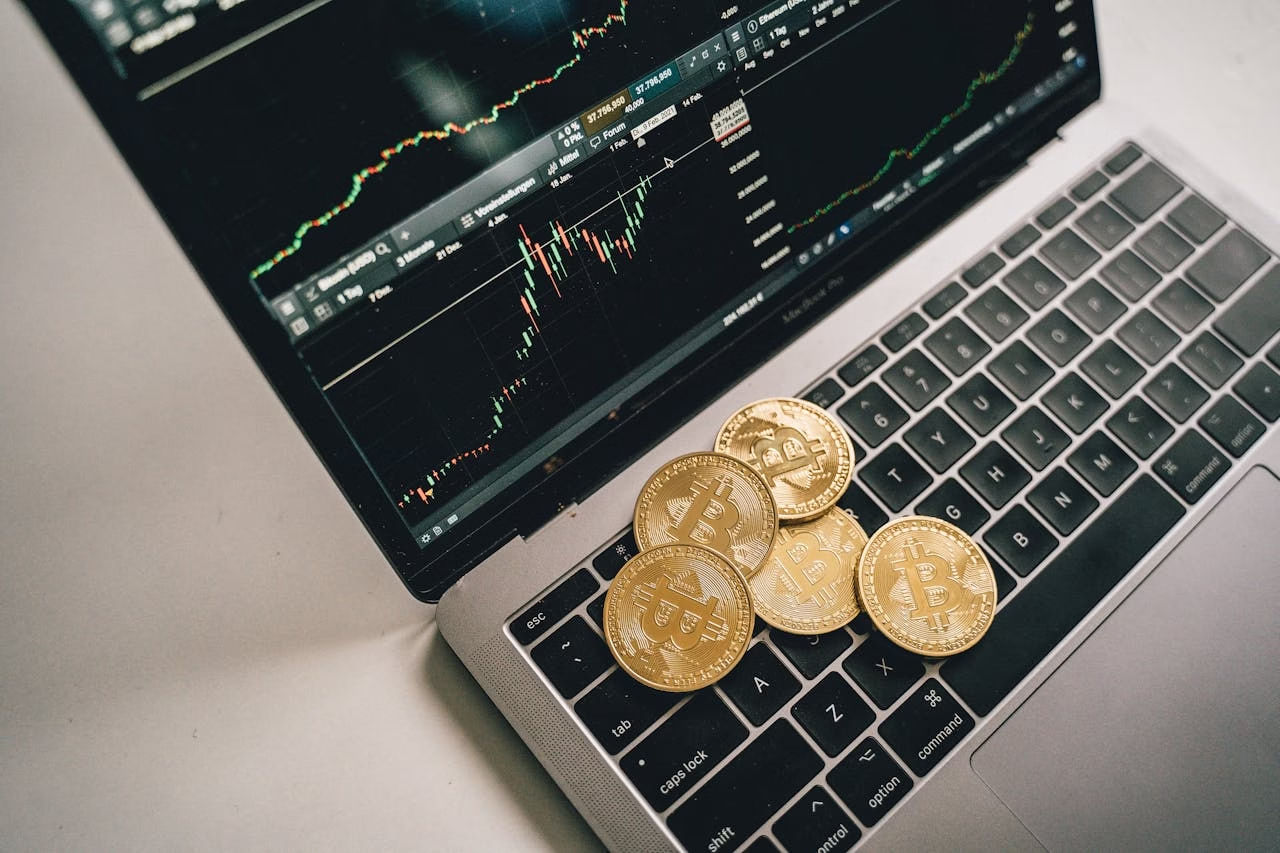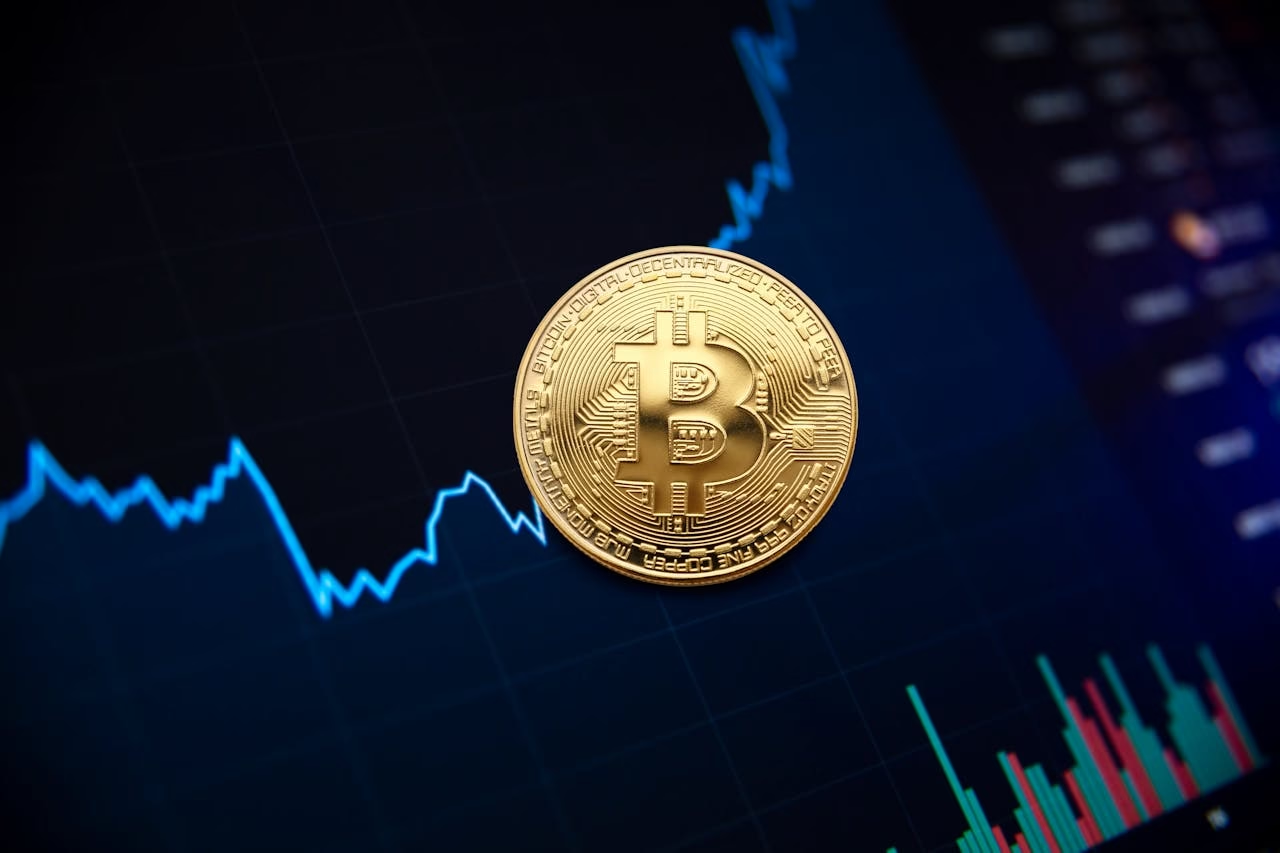
What Is Virtual Currency?
Virtual currency refers to a digital form of money that exists only online and is typically decentralized, meaning it’s not controlled by any government or central bank. When asking what virtual currency is, think of Bitcoin, Ethereum, or even digital tokens used in online gaming platforms. Virtual currencies offer new ways to store and transfer value, often with faster transaction speeds and lower costs compared to traditional banking. As the digital economy grows, understanding virtual currency becomes more crucial for individuals and businesses alike.
How Is Virtual Currency Different From Traditional Money?
While traditional money like dollars or euros is issued and regulated by governments, virtual currency is created and managed through blockchain technology or private digital systems. One major difference is that virtual currencies are often borderless, allowing for seamless international transactions. Unlike physical cash, virtual currencies are stored in digital wallets. Companies like Bitmern Mining specialize in helping users mine and manage virtual currencies efficiently, offering real opportunities to tap into this growing market.
What Are the Main Types of Virtual Currency?
Virtual currency comes in different forms, each with unique characteristics. Here’s a simple table to illustrate:
| Type | Example | Key Feature |
|---|---|---|
| Cryptocurrencies | Bitcoin, Ethereum | Decentralized, blockchain-based |
| Stablecoins | USDT, USDC | Pegged to real-world assets like USD |
| Central Bank Digital Currencies (CBDCs) | Digital Yuan | Government-issued digital money |
| Utility Tokens | Binance Coin | Used within specific platforms or ecosystems |
Understanding these types helps answer the broader question of how virtual currency is reshaping financial systems.
How Is Virtual Currency Created?
Virtual currency is often created through a process called mining, which involves solving complex mathematical problems to validate transactions on a blockchain. In other cases, new coins are issued during initial coin offerings (ICOs) or by central banks experimenting with digital formats. For individuals interested in mining, Bitmern Mining’s Shop provides access to high-performance mining equipment, allowing anyone to participate in the creation of new digital assets.
Where Can You Use Virtual Currency?
Today, virtual currency can be used for a variety of purposes, including:
- Purchasing goods and services online and in some physical stores
- Investing and trading in digital assets
- Gaming and entertainment within virtual platforms
- Cross-border remittances without high bank fees
More retailers and service providers are beginning to accept virtual currency as payment, signaling its growing influence in everyday transactions.
What Are the Benefits of Using Virtual Currency?
Virtual currency offers several advantages over traditional financial systems, including:
- Lower transaction costs compared to banks
- Faster transfers, especially internationally
- Greater accessibility for unbanked populations
- Increased financial privacy for users
- Potential for high returns on investment
Businesses that embrace this trend, such as Bitmern Mining Services, are positioning themselves to thrive in a future where digital money becomes the norm.
What Are the Risks Associated With Virtual Currency?
Despite its benefits, virtual currency comes with significant risks:
- Volatility: Prices can swing dramatically in short periods.
- Security threats: Hackers often target exchanges and wallets.
- Regulatory uncertainty: Governments are still figuring out how to regulate digital currencies.
- Loss of access: If you lose your private keys, you lose your funds permanently.
These risks highlight the importance of using professional services, like Strategic Mining Consultations, to navigate the complex world of virtual currencies safely.

How Can You Start Investing in Virtual Currency?
Getting started with virtual currency typically involves setting up a digital wallet, choosing a reputable exchange, and purchasing your chosen coins. Another method is through mining, where you earn coins by validating blockchain transactions. Services like Miner Purchase make it easy to buy professional-grade mining equipment and start generating your own virtual assets. Always research and start small, diversifying your investments to manage risk.
Is Mining Virtual Currency Still Profitable?
Mining virtual currency can still be profitable, but it requires access to low-cost electricity, efficient mining rigs, and a good understanding of the market. Companies like Bitmern Mining Infrastructure Management offer full-service solutions to optimize mining operations for profitability. The shift to renewable energy sources and better technology means mining can be both profitable and sustainable when done correctly.
What Is the Future of Virtual Currency?
The future of virtual currency looks incredibly promising. With growing interest from major financial institutions, advancements in blockchain technology, and greater acceptance by retailers, virtual currency is poised to become a mainstream financial tool. According to Wikipedia, even governments are beginning to launch their own digital currencies, signaling a major shift in global finance. Whether it’s mining your own Bitcoin or investing in emerging cryptocurrencies, those who understand virtual currency today will be better positioned for tomorrow’s economy.
